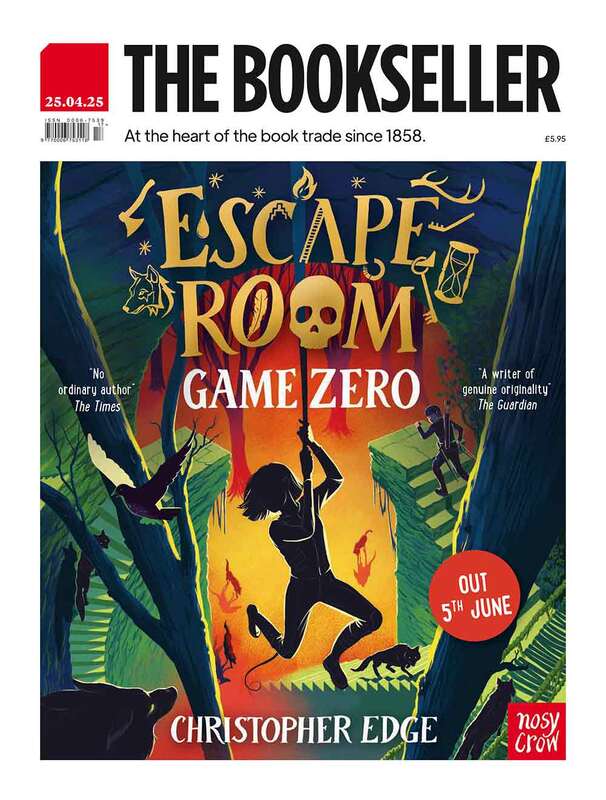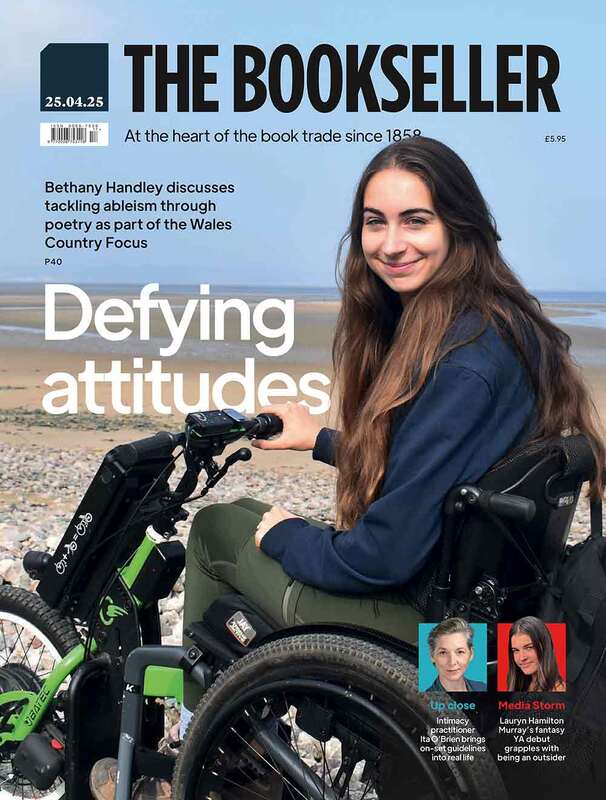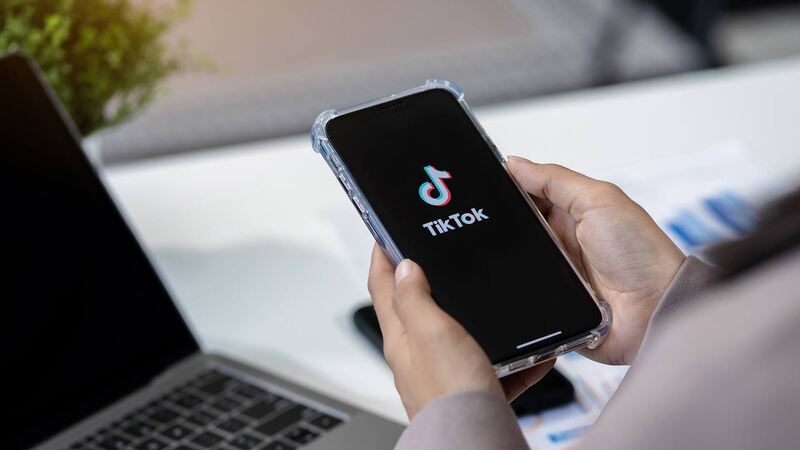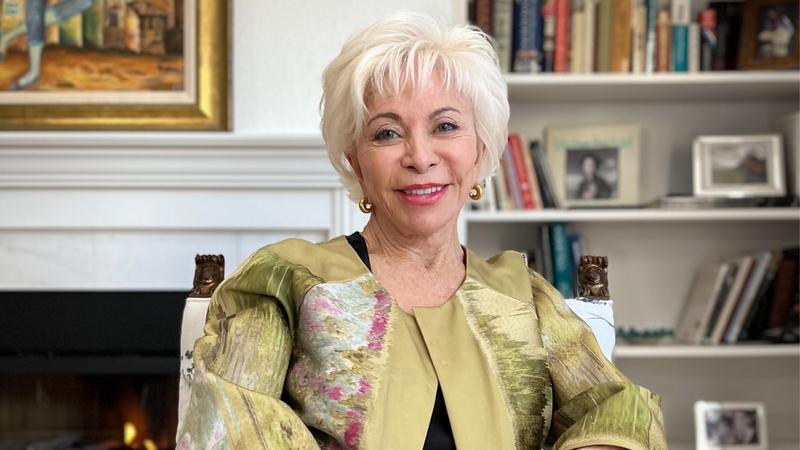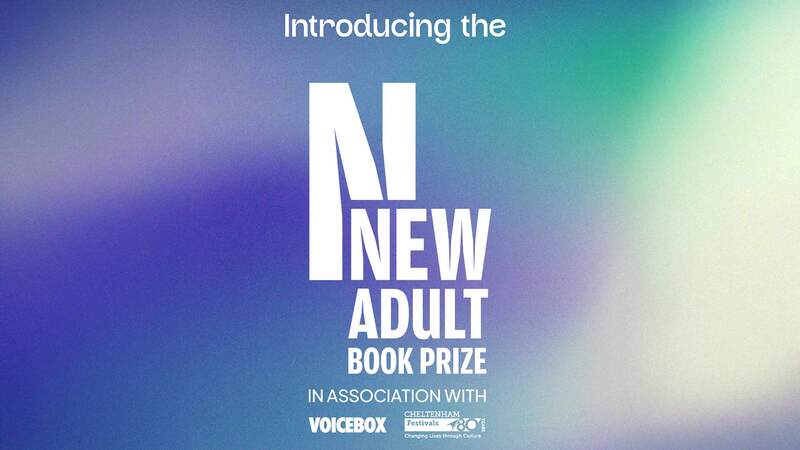You are viewing your 1 free article this month. Login to read more articles.
Amazon competitors left 'fighting for scraps' in e-book market
Amazon’s dominance in the UK e-book market is so huge that other competitors are left "fighting for scraps”, tech entrepreneurs have said.
The comments follow the closure of E-books by Sainsbury’s, and new figures from data company Kantar Worldpanel obtained by The Bookseller which show Amazon’s dominance in the e-book market has grown even further in the last year.
According to the statistics, Amazon’s share of the UK e-book market over the last year was 91.3%, up from 90.1% this time last year. By contrast, Sainsbury’s share was just 1.5%, although that was up from 0.8% last year after the company took on Nook’s customers when that platform closed in March.
Matteo Berlucchi, the former c.e.o of the Sainsbury’s e-book platform in its former guise of Anobii, when it was also co-owned by publishers HarperCollins and Penguin Random House, told The Bookseller he thought its closure was “inevitable” because of the competitive nature of online retail.
“Sainsbury’s, like Tesco before them, got into digital content thinking it could flex its marketing muscles to get people to buy their digital goods as if they were washing powder,” said Berlucchi, who now runs Your.MD, an Artificial Intelligence personal health assistant. “Unfortunately, the ruthless golden rule of the web is ‘Everything is only one click away’. This means that the service offering the best price, service and choice will always win leaving only breadcrumbs for the others to fight for. No one can survive eating breadcrumbs so this is what happens... one fat cat and lots of dead ones.”
Sainsbury’s is the fourth e-book retailer to close in the UK in two years, with Waterstones ceasing to sell e-books in May this year, Nook exiting the UK market in March and before that Tesco’s blinkbox books winding up in January 2015.
Tim Godfray, chief executive of the Booksellers Association, agreed the withdrawal of “these very big companies” from the UK market showed how difficult it was to operate successfully in our country in an e-book market “completely dominated by Amazon”.
“Those e-book platforms that remain, including Kobo, Gardners/Hive, and the BA’s own Indie E-book Store, are collectively tiny when compared to Amazon’s estimated 90% of the UK’s e-book market," he said.
The European Commission opened a formal antitrust investigation into the way Amazon distributes e-books and its relationship with publishers in June 2015. Following the news that Sainsbury’s e-book platform will close on 1st October, Godfray called for the investigation to go further to ensure more balance in the marketplace and allow new entrants to prosper.
“DG Competition officials in Brussels, who are already looking at the e-book market and Amazon’s role in it, should note especially this sad development,” he said. “Choice is being further eroded. Huge domination of markets by one player never works long-term in the interest of the consumer. The competition authorities need to take steps to introduce a more balanced marketplace that encourages new entrants to stay and prosper.”
Andrew Rhomberg, founder of reader analytics company Jellybooks, said the biggest challenge for anybody competing with the e-commerce giant in e-books was “scale" and also warned that a comprehensive e-book platform needed a lot of development work behind the scenes in the form of regular upgrades and hardware support.
He argued that e-book competitors to Amazon might stand more chance of winning market share if publishers were more flexible about Digital Rights Management (DRM), because stripping DRM from e-books would allow readers able to transfer titles bought on other platforms to their Kindle e-readers. Publishers are more flexible on DRM in Germany, where the publisher backed Tolino e-reader is in healthy competition with Amazon, Rhomberg added.
“DRM remains an issue,” he said. “Anyone with a library of books bought on Kindle can’t transfer those. DRM reduces portability. Sainsbury’s had to fight for the scraps in the market. This was probably a huge issue for them. We all know the issue, but there is no will to jump over the fence like the big publishers did in Germany.”
However Michael Bhaskar, co-founder of digital publisher Canelo, said the closure of the Sainsbury’s e-book platform did not mean the overall digital market wasn’t healthy in the UK.
“It’s always a shame to see any outlet for books closing and many of us had a great time working with them over the years, “ he said. “But digital markets are tough, and the trend towards consolidation is industry wide. We can't read too much into the overall health of the market from this.”
He added that there was still a “huge amount” of innovation going on in the e-book market. “Indie authors and new publishers are continuing to make a big mark on the bestseller charts,” he said. “The passion and creativity coming from these areas is just extraordinary and has sales to match. So, yes, it's always a shame to see someone go, but there is still a huge amount to play for."

